“The Field Is White Already to Harvest”
Reading assignment
Doctrine and Covenants 4; 11–12; 14–18; 31; 33; 75;
Our Heritage, page 11.
Links: Teacher’s manual | Student manual
It’s a busy year for Your Humble Godless Doctrine teacher. So I’m posting this lesson as kind of a rough outline, with the intention of filling in the details later. Think of this as the notes that a Gospel Doctrine teacher would walk into class with.
Overview
This lesson is about being a missionary. On an LDS mission, you’re taught that the work is hastening in the run-up to the last days, and people are somehow being “prepared” to accept the gospel.
D&C 4:4 For behold the field is white already to harvest; and lo, he that thrusteth in his sickle with his might, the same layeth up in store that he perisheth not, but bringeth salvation to his soul;
Which is the biggest crock of bull ever. Nobody out there cares about the church until it annoys them, and the conversion rate is tailing off.
And once more: here’s that pie chart of how the Lord’s missionary effort is going.

This is not a new idea for anyone in Outer Blogness, but missions aren’t for converting non-members into members. It’s to convert the missionary themself.
How do I know? No, it’s not because of the worsening convert baptism numbers. It’s because of the essays.
Yes, those essays — the ones that try to put a positive spin on difficult issues in the church’s history. Members get directed to them when the church’s dodgy relationship to truth or basic decency become apparent.
I’ve talked to many missionaries over the time that the essays have come out, and no missionary I’ve ever spoken to is aware of them.
Isn’t that a bit of a giveaway? They’re not given any notice about them. Then they run into me, and are ill-prepared to answer questions. If a mission were about convincing people of the church, the essays are something they should have at least heard of. Really, they should know them inside and out, if the church is really using them as a well-equipped, well-trained missionary force. But they’re not, because convert baptisms are not the point of a mission. The church can replenish itself well-enough from children of record. Here the stats have hardly changed.
Again, the purpose of a mission is to convert the missionary. The missionary is placed in a situation where they have to tell people the church is true, and face potential opposition from others. Under that kind of pressure, it would be impossible not to start coming up with rationales for why you’re doing what you’re doing.
Remember, the church get people to lie to themselves, saying that they know the church is true. Then, once you’ve said it, you’re more likely to believe it.
From Boyd Packer:
A testimony is to be found in the bearing of it!
“It is not unusual to have a missionary say, ‘How can I bear testimony until I get one? How can I testify that God lives, that Jesus is the Christ and that the gospel is true? If I do not have such a testimony, would that not be dishonest?’
“Oh, if could teach you one principle:
“A testimony is to be found in the bearing of it! Somewhere in your quest for spiritual knowledge, there is that ‘leap of faith,’ as the philosophers call it. It is the moment when you have gone to the edge of the light and stepped into the darkness to discover that the way is lighted ahead for just a footstep or two. ‘The spirit of man,’ is as the scripture says, indeed ‘is the candle of the Lord.’ (Prov. 20:27)”
Another way to seek a testimony seems astonishing when compared with the methods of obtaining other knowledge. We gain or strengthen a testimony by bearing it. Someone even suggested that some testimonies are better gained on the feet bearing them than on the knees praying for them.
At your meetings you should begin at the top of the roll and call upon as many members as there is time for to bear their testimonies and at the next meeting begin where you left off and call upon others, so that all shall take part and get into the practice of standing up and saying something. Many may think they haven’t any testimony to bear, but get them to stand up and they will find the Lord will give them utterance to many truths they had not thought of before. More people have obtained a testimony while standing up trying to bear it than down on their knees praying for it.
More about gaining a testimony through lying.
That’s right — lie to yourself and say that you know it’s true when you don’t. Do you believe it now? You said you believed it, after all.
The LDS Church is built on a foundation of lies, and the most insidious of these is the lie you tell yourself.
It’s all psychology. This ties into something called cognitive dissonance. When there’s a split between what we believe and what we’re doing, it makes us uncomfortable, and we try to reduce the dissonance. That might mean that we change what we do, but if we’re stuck doing something — did I mention that the mission office took our passports off of us, first thing? — then we might try to change our belief, especially when we’re in a group of other people who also say they believe the same thing. This combination of conformity and commitment has a powerful effect on people’s minds, and can form the basis of an ideology for the rest of that missionary’s life.
For more on cognitive dissonance, check out this famous study by the legendary Leon Festinger and Merrill Carlsmith.
At the beginning of the Festinger and Carlsmith experiment, student volunteers were asked to perform a simple and boring task. Before the subjects left the experiment, the experimenter commented that his research assistant would be unavailable to help out the following day. Would the subject be willing to do a small favor for the experimenter? The favor was to take the place of the research assistant, who was supposed to prepare subjects for the experiment by giving them a positive attitude toward it. “Would you please tell the next subject in line that the experiment was fun and enjoyable?” Subjects who agreed to do this were paid either $1 or $20.
Keep in mind that $20 was a lot of money in the 1950s, equivalent to over $100 now. So one group was being paid a lot of money to lie to the next subject about the boring experiment. The other group was being paid much less. Subjects in both groups typically agreed to tell the next subject that the experiment was interesting.
Festinger and Carlsmith were curious about whether the subjects would change their own attitudes, making them more like the attitudes they were expressing (as a lie) to the next subject. The results were surprising. People who were paid $20 to lie showed less change in their own attitudes. When the experimenters asked them later for the truth, the highly paid subjects said the experiment was actually boring. On the other hand, people who were paid only $1 were more likely to say, when asked later, that the experiment was “not bad” or that it was “interesting.”
How do we explain this? Festinger observed that the subjects were put in a psychologically uncomfortable position. They had not enjoyed the experiment, but now they were asked to lie and say they had enjoyed it. How could they explain their own behavior to themselves? Subjects who received $20 had no problem explaining their behavior to themselves. They were paid a lot of money to lie, and that explained why they lied. So they did not have to change their true attitudes.
However, the subjects who received $1 did not really have a good reason to lie. To reduce the feeling of discomfort they might have felt about lying, they had to persuade themselves they actually enjoyed the experiment. Their attitudes changed to fit their behavior, reducing the uncomfortable feeling of dissonance.
As Festinger put it in A Theory of Cognitive Dissonance (1957):
The existence of dissonance, being psychologically uncomfortable, will motivate the person to try to reduce the dissonance and achieve consonance. (p.3)
And if you’d like to see more about conformity and social pressure, check out this video of the Asch Conformity Experiment.
People call the LDS Church a cult. I don’t, because I don’t think that term is well-defined. But I will say this: Mormon missions are as culty as anything I’ve ever heard of. You’re taken away from your family and social group, your name is changed, other people control who you’re with, what you wear (right down to your underwear), what you do, and what information you have access to. That’s a cult by any definition.
Ask: Read this account of Steve Hassan’s BITE model of cults. How many of these criteria are matched by LDS missions?
Reading
Requirements for being a missionary
To be a missionary, you have to have a knowledge of the gospel
D&C 11:21 Seek not to declare my word, but first seek to obtain my word, and then shall your tongue be loosed; then, if you desire, you shall have my Spirit and my word, yea, the power of God unto the convincing of men.
but do not read anti-Mormon materials, including the church’s own essays. Keep it simple!
You also have to be humble and full of love,
D&C 12:8 And no one can assist in this work except he shall be humble and full of love, having faith, hope, and charity, being temperate in all things, whatsoever shall be entrusted to his care.
which you’ll need a lot of when you’re telling people that their way of life is wrong, and they’ll need to join yours.
Along those lines, don’t mention Section 33:
D&C 33:3 For behold, the field is white already to harvest; and it is the eleventh hour, and the last time that I shall call laborers into my vineyard.
4 And my vineyard has become corrupted every whit; and there is none which doeth good save it be a few; and they err in many instances because of priestcrafts, all having corrupt minds.
Feel the lerrrrrrve.
Which no man knoweth
Someting amazing happens in this reading. Joseph Smith, channeling the ghost of Jesus Christ, tells John Whitmer something that he couldn’t possibly have known.
D&C 15:1 Hearken, my servant John, and listen to the words of Jesus Christ, your Lord and your Redeemer.
2 For behold, I speak unto you with sharpness and with power, for mine arm is over all the earth.
3 And I will tell you that which no man knoweth save me and thee alone
4 For many times you have desired of me to know that which would be of the most worth unto you.
5 Behold, blessed are you for this thing, and for speaking my words which I have given you according to my commandments.
6 And now, behold, I say unto you, that the thing which will be of the most worth unto you will be to declare repentance unto this people, that you may bring souls unto me, that you may rest with them in the kingdom of my Father. Amen.
WOW! That is some next-level psychic phenomena going on there, I can tell you.
Then in the next section, he does it again for Peter Whitmer, Jr.
What does he say this time? Same fucking thing.
D&C 16:1 Hearken, my servant Peter, and listen to the words of Jesus Christ, your Lord and your Redeemer.
2 For behold, I speak unto you with sharpness and with power, for mine arm is over all the earth.
3 And I will tell you that which no man knoweth save me and thee alone
4 For many times you have desired of me to know that which would be of the most worth unto you.
5 Behold, blessed are you for this thing, and for speaking my words which I have given you according to my commandments.
6 And now, behold, I say unto you, that the thing which will be of the most worth unto you will be to declare repentance unto this people, that you may bring souls unto me, that you may rest with them in the kingdom of my Father. Amen.
It reminds me of the time me and a couple of friends went to a naturopath, and he considered my symptoms and gave me the Zinc Drink.
“The Zinc Drink?” I asked.
“The Zinc Drink,” he said. “Many people are deficient in zinc.”
Afterwards, I asked my friends what he recommended for them. Guess what it was. Sure enough: Zanc Drank.
Fucking psychics.
Church of the Devil
I was never sure what the Church of the Devil was. An angel told Nephi:
1 Nephi 14:10 And he said unto me: Behold there are save two churches only; the one is the church of the Lamb of God, and the other is the church of the devil; wherefore, whoso belongeth not to the church of the Lamb of God belongeth to that great church, which is the mother of abominations; and she is the whore of all the earth.
That’s a pretty expansive categorisation, but okay Nephi! Only two churches. But now we see this:
D&C 18:20 Contend against no church, save it be the church of the devil.
which makes it seem like there’s at least three: the Lord’s church, the church of the devil, and then some other churches that you’re not supposed to contend with. So what were they?
It would have saved me a lot of time if someone had just pulled me aside and said, “Look, this is all made up, and this term is not well-defined. They just use whatever term to mean anything they want, whenever it suits them. Don’t expect any consistency here.”
I wish someone had told me this! So now I’m telling you.
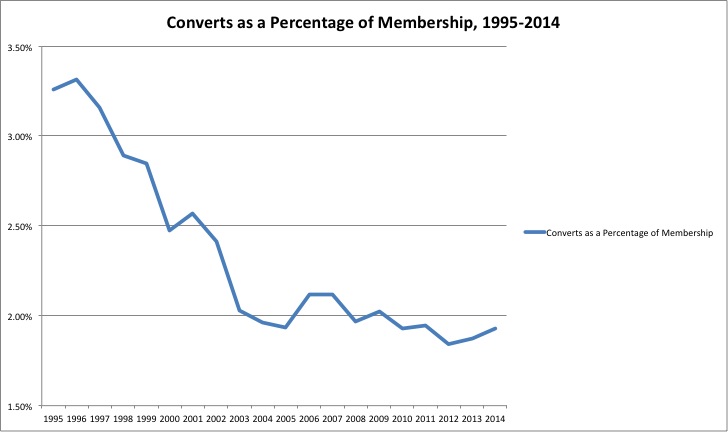
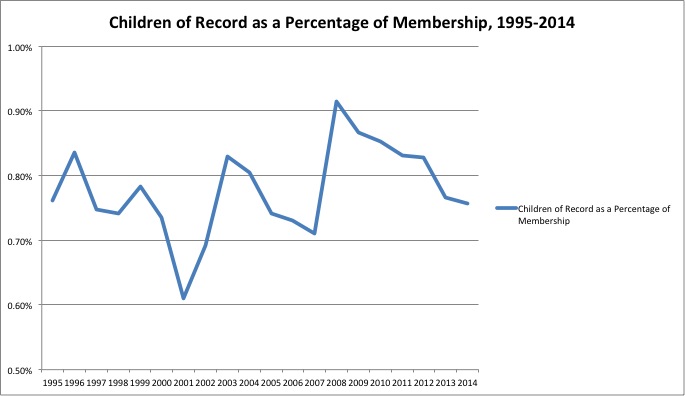
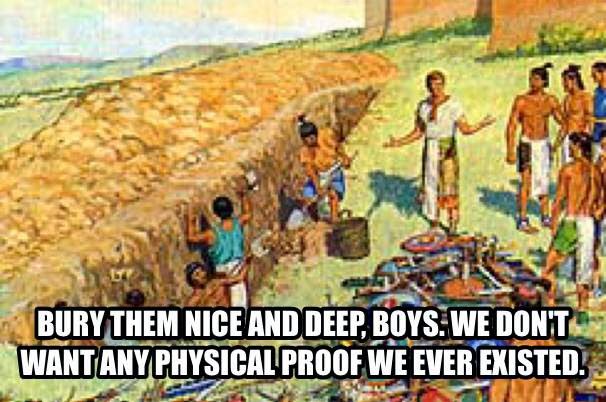


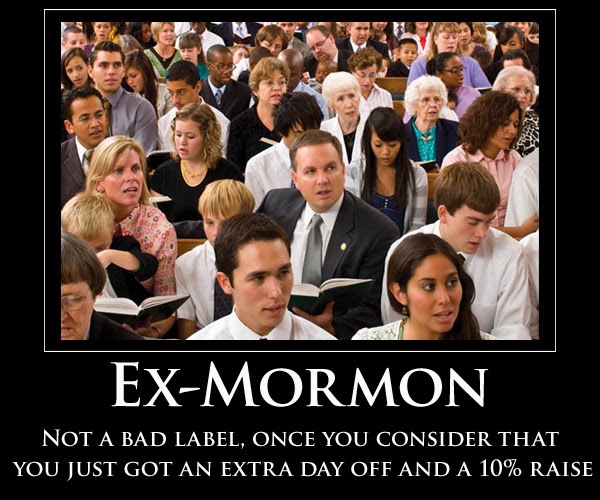





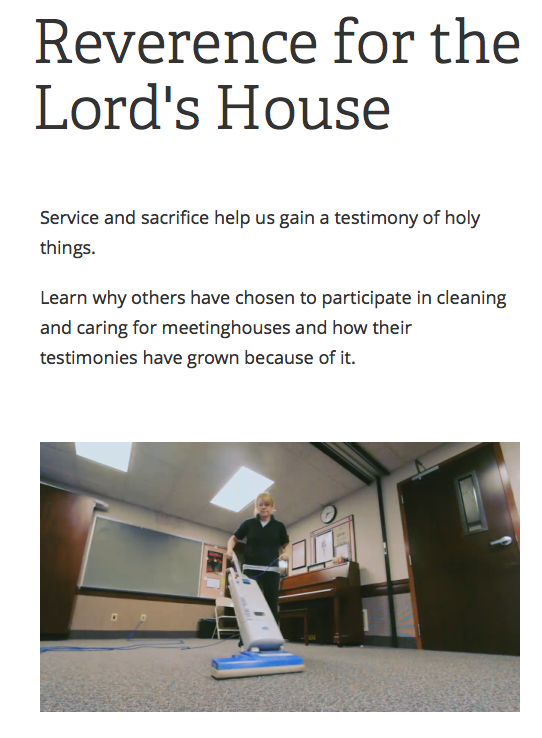





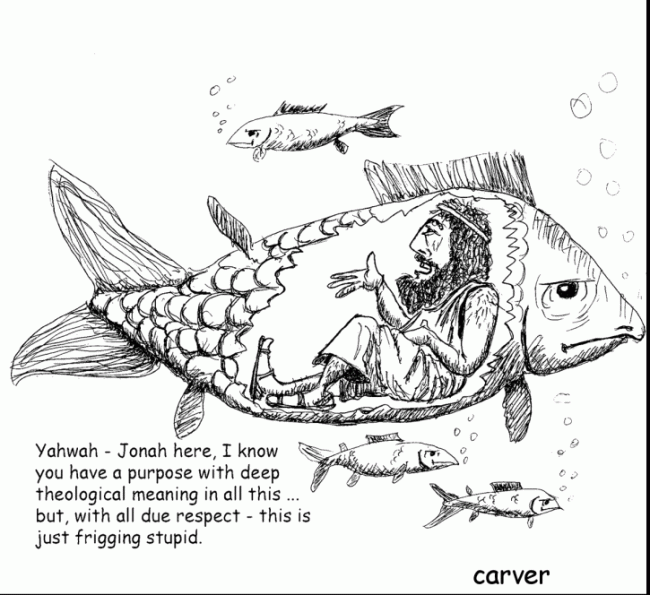
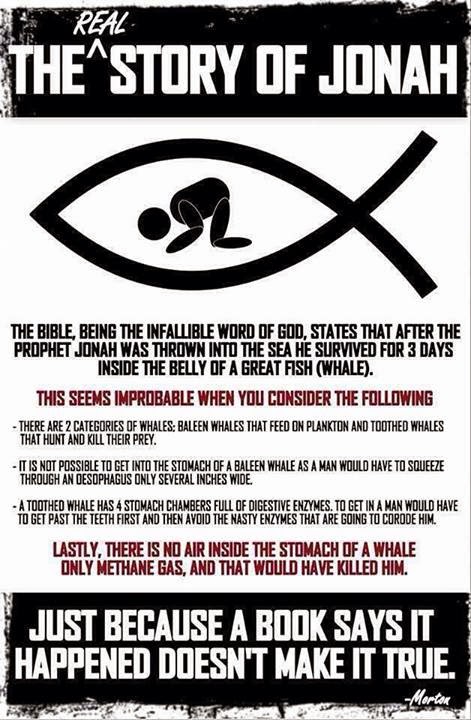


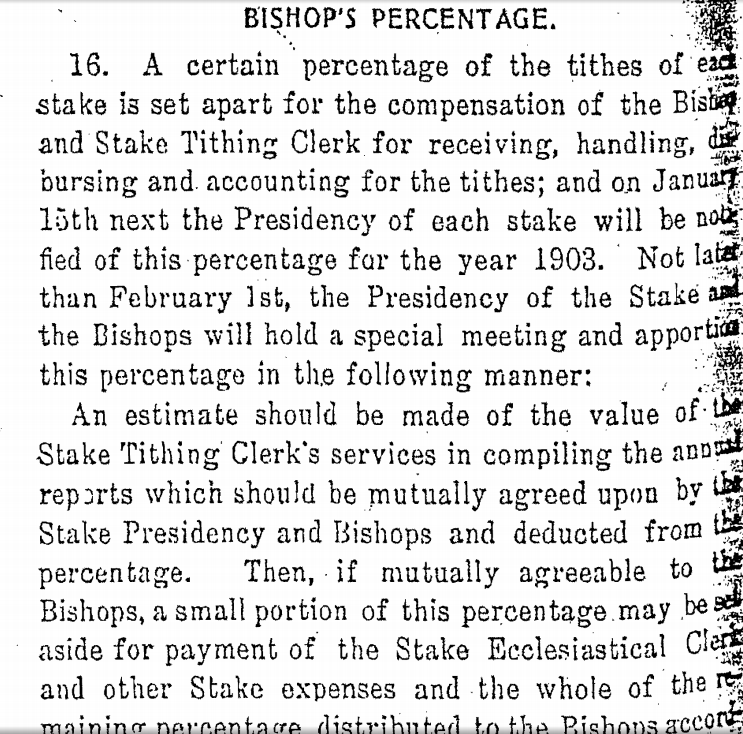

Recent Comments